Your Vote Your VoiceAn easy-to-read guide to
voting
South Dublin County Council is committed to the promotion and embedding of accessibility and inclusion across all its functions and services. In 2022 we published our Public Sector Equality and Human Rights Duty Framework. This fulfils South Dublin County Council’s commitment under our Corporate Plan and the legal requirement under Section 42 of the Irish Human Rights and Equality Act 2014, otherwise
referred to as the Public Sector Equality and Human Rights Duty.
The ‘Duty’ sets out the responsibilities for all public bodies in Ireland to promote equality, prevent discrimination and protect the human rights of their employees, customers, service users and everyone affected by their policies and plans.
The identified groups, for the Public Sector Duty are those:
• covered by the grounds under our equality legislation: gender (including gender identity); civil status; family status (including lone parents and carers); age; disability; sexual orientation; race (encompassing race, colour, nationality and ethnic or national origins); religion; and membership of the Traveller community; and
• groups covered by the ground of socio-economic status, who are at risk of or experiencing poverty and social exclusion.
Your Vote Your Voice - an easyto-read guide to voting is another example South Dublin County Council’s commitment to the promotion of equality in its customer services.
South Dublin County Council supporting voter participation.
Your Vote Your Voice - an easy-to-read guide to voting explains the voting process in Ireland. The purpose of the information booklet is to provide information on how to exercise your right to vote.
Clear, simple, accessible information is crucial to ensure the best possible voter awareness and participation.
Some people are unaware that if they are disabled / have an illness and are living at home or in hospital they can apply for a postal vote or have someone assist them at the polling station. Many people from other countries now living in South Dublin County may not know that Ireland uses a secret ballot system of voting.
Your Vote Your Voice includes information on the different types of elections and voting that takes place
in Ireland. How you register to vote, marking a ballot paper and supports that are in place to help you vote.
The Your Vote Your Voice - an easy-toread guide to voting aims to promote active citizenship in the county by ensuring information on how to vote is accessible and easy to understand and subsequently encouraging more people to vote.
South Dublin County Council has customised this guide from a template that was created by Monaghan County Council and the Monaghan Public Participation Network. Some information has been updated to reflect changes post Brexit and the enactment of the Electoral Reform Act 2022.
While some of the information in the booklet is relevant to South Dublin County only, most of the information contained in the publication relates to voting in any county.
What does South Dublin County Council do?
South Dublin County Council make policies and provide services to people living in South Dublin County.
A policy is a list of ideas or plans the Council will do to deal with problems or issues that affect the people living in South Dublin County.
3
Services of South Dublin County Council
Looks after local roads, streets and footpaths
Provides social housing for people in the community
Makes plans about how land in the local authority area can be used and developed.
Makes sure the environment and water in the County is safe and clean for everyone.
Supports community, arts and sports facilities
South Dublin County Council looks after the Register of Electors which is the list of all the people in the County who can vote
4
Who is South Dublin County Council?
South Dublin County Council is made up of people who are elected by the people who live in South Dublin County and they are called County Councillors.
The County Councillors work with the staff in South Dublin County Council to provide all the services to the people of South Dublin County.
The County Councillors are elected at Local Elections held every five years.
In South Dublin County there are currently 40 County Councillors who are elected from the seven Electoral Areas
An Electoral Area is a subdivision of a County Council for the purpose of Local Elections that looks after a certain area of the County.
South Dublin County Council has seven Electoral Areas.
Every Electoral Area area elects County Councillors.
The County Councillors from each Electoral Area come together to form the 40 County Councillors of South Dublin County Council.
• Seven County Councillors for Clondalkin Electoral Area
• Five County Councillors for Lucan Electoral Area
• Five County Councillors for Palmerstown - Fonthill Electoral Area
2 3
1
5
4
7
6
• Six County Councillors for Tallaght Central Electoral Area
• Five County Councillors for Tallaght South Electoral Area
• Five County Councillors for Firhouse – Bohernabreena Electoral Area
• Seven County Councillors for Rathfarnham – Templeogue Electoral Area
In a Local Election you vote for the people you want to be elected in the Electoral Area where you live.
What is an Election? 5
An Election is when people living in a community vote on who they want to represent them. There are different types of elections that take place at different times. The different elections choose the people to represent the people of South Dublin County in the different government structures that are in Ireland. They are the Local Government, National Government and European Government (EU)
6
Local Government
The Local Government is the group of people who are responsible for providing important services in their local community
The Local Government represent the views and issues that are important to the people who live in their community.
The Local Government is also often called the Local Authority or County Council.
Local Elections – This election is to choose who we would like to represent the people of South Dublin County in the Local Government which is South Dublin County Council.
• The Local Government in South Dublin County is called South Dublin County Council.
• South Dublin County Council has 40 members
• The members of South Dublin County Council are called County Councillors
• The Local Elections to elect County Councillors take place every five years.
• The next local election will take place in 2024
National Government
The National Government is the group of people who are responsible for making sure the laws of the country are followed.
The Government provides money for important services in the country like schools, hospitals and transport.
The Government is also often called the Cabinet
• The Government of Ireland is called The Dáil
• The Dáil means Assembly of Ireland in the Irish language.
• The Dáil has 160 members.
• A member of the Dáil is called a Teachta Dála
• Teachta Dála means Deputy of the Dáil in the Irish language.
• A member of The Dáil is often called a T.D.
General Elections – This election is to choose who we would like to represent South Dublin County in the Government of Ireland.
The European Parliament
Ireland is a member of the European Union or the EU.
The European Parliament is the government that represents the people of all the countries who are members of the EU.
The European Parliament hold their meetings in Strasbourg in France and Brussels in Belgium.
The European Parliament work to protect the Human Rights of all the people living the EU.
The European Parliament work to create more jobs, money and services for the countries who are members of the EU.
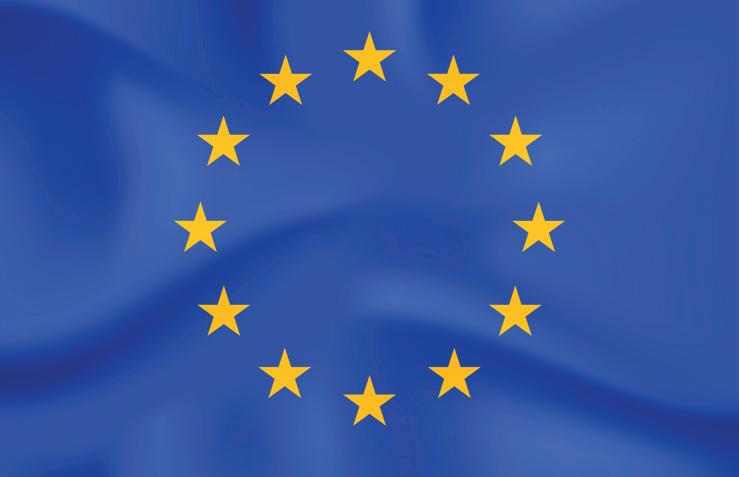
• There are 705 members of the European Parliament at the moment.
• Thirteen of these members are from Ireland
• A member of the European Parliament is called an MEP
• The European Elections to elect MEP’s take place every five years.
• The next European Election will take place in 2024
European Elections – This election is to choose who we would like to represent Ireland in the European Parliament.
What is a Referendum?
Who can vote in Ireland? 9 10
The Irish Constitution is a legal document that sets out the role of the government and the president of Ireland.
The Irish Constitution also includes the basic rights of all the people living in Ireland.
The Irish Constitution is also called Bunreacht na hÉireann, which means Basic Law of Ireland in the Irish language. The government cannot change anything in The Irish Constitution without asking the permission of the people who live in Ireland.

When the government asks the people to decide about changing the constitution it is called a Referendum.
If you are an Irish citizen and you are over 18 you can vote in every election and referendum.
If you are a British citizen and you are over 18 you may vote at General and Local Elections.
If you are a citizen of any other EU country and you are over 18 you may vote at European and Local Elections.
If you are a citizen from a country that is not part of the EU and you are over 18 you can vote at local elections only.
Why should you vote?
It is your right to vote.
In the past many people did not have the right to vote, people fought with governments to change the laws and allow people to vote. Everyone has the right to take part in choosing who they would like to see working for their community and their country.
Registered to vote
To vote in any election you must register your personal details with South Dublin County Council.
This means telling the County Council your name, PPS, Eircode, date of birth, where you live and that you want to vote.
Taking part in elections can be very exciting and can make you feel like you are a part of the community where you live.
If you don’t vote other people choose who is elected in your community.
Registering to vote is easy and staff of the County Council can help you.
If your name is not on the Register of Electors, you cannot vote
REGISTRATION FORM
Register of Electors
The Register of Electors is a list of all the people in an area who have given their name to the County Council because they want to vote in any elections that may take place. There are three different lists in the register of electors.
1. The Register of Electors – The electoral registration process has changed. The Electoral Reform Act 2022 came into effect in October 2022. The Draft and Live Registers have now been replaced by a Rolling Register of Electors. The Rolling Register will be continuously updated.
2. The Postal Voters List – This is a list of people who would like to
14
Check if your name is on the Register 13
vote but are not able to get to a polling station on the day of the election. The postal vote is for people who are unable to attend their polling station due to work commitments or health reasons.
3. The Special Voters List – This is a list of people who would like to vote but are living in a nursing home or hospital at the time of an election.
There are a few ways you can check if your name is on the list of people who can vote in South Dublin County.
You can telephone South Dublin County Council’s Register of Electors Section 01 414 9100
You can email South Dublin County Council registerofelectors@sdublincoco.ie
You can check online at www.voter.ie and www.checktheregister.ie
You can look at a copy of the Register of Electors by calling into the County Council offices.
You can find out more information about the Register of Electors on South Dublin County Council’s website www.sdcc.ie/en/services/ourcouncil/elections-and-voting/
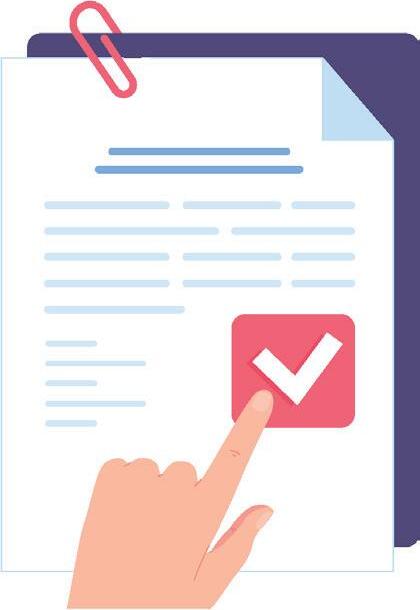
What happens if I am registered to vote?
If you are registered to vote, before voting day, the County Council will send you a polling card
Your polling card will look something like this

Your polling card will have your name on it and the name of the place where you go to vote.
Your polling card will have your polling number.
Your polling card will have the time and date when the election will happen.
The place where you vote is called a polling station
You should bring your polling card with you when you go to vote
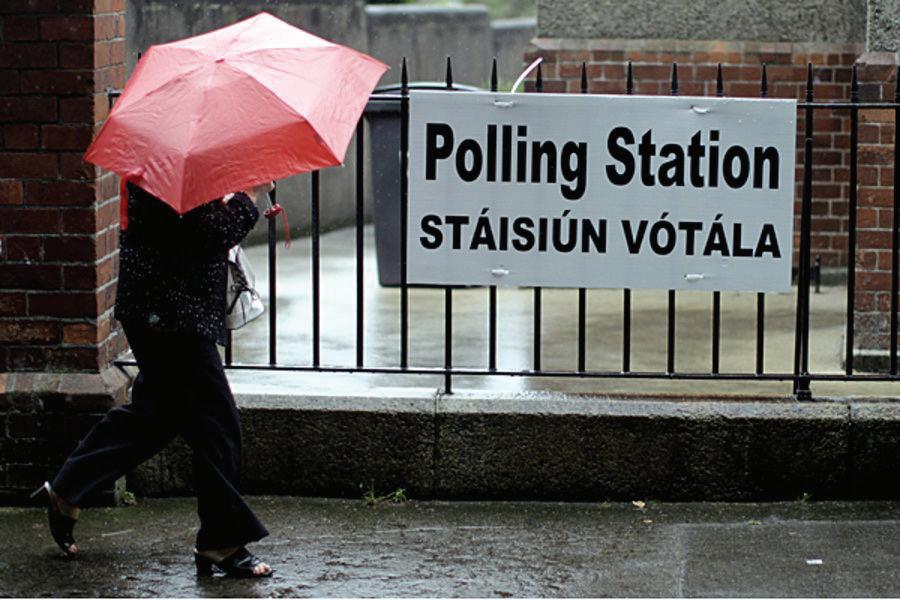
Voting in Ireland
Ireland uses a way of voting called a Secret Ballot
A Secret Ballot means your choices in an election or a referendum are secret. No one will know who you voted for in an election in Ireland.
If you have never voted before or if you are unsure of how to vote there are people working at every polling station who can help you
It is important you make your own choice about voting.
Already on the Register of Electors?
If you are already on the Register of Electors and wish to change your address by submitting a form to South Dublin County Council or update on www.voter.ie and www.checktheregister.ie
If you wish to update your Citizenship status you must contact South Dublin County Council.
If you believe your name is on the Register of Electors multiple times you must contact South Dublin County Council to confirm your correct address. If a family member has passed away, please inform South Dublin County Council so that we can remove their name from the Register of Electors.
The purpose of ‘Your Vote Your Voice – an easy-to-read guide to voting’ is to promote active citizenship by giving practical information on what the Register of Electors is, and the actions you should take to make sure that your name is included in it. Being on the Register gives you the opportunity to use your vote and your voice.
South Dublin County Council will publish a second ‘Your Vote Your Voice’, booklet later in the year. The second booklet will explain what happens on election day and how you can use your vote. It will include practical accessibility information, the types of identification documents that you need, sample ballot papers and useful guides on how to fill out a ballot paper.

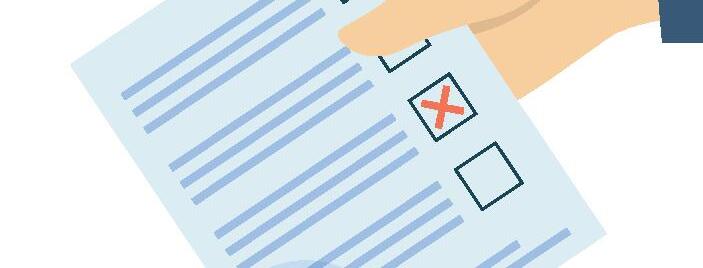
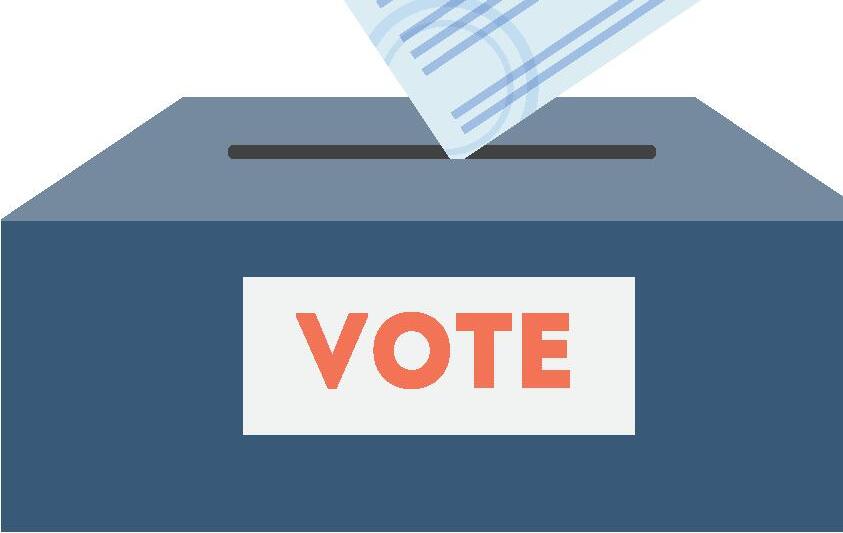


Copies of Your Vote Your Voice
- an easy-to-read guide to voting are available here:
Your Vote Your Voice An Easy To Read Guide To Voting (PDF) or by contacting Selina Bonnie, Disability Liaison, Access and Equality Officer on 01 414 9041 or sbonnie@sdublincoco.ie
If you have any questions about voting or would like copies of this booklet, please contact:
Register of Electors Section, Corporate Performance and Change Management, South Dublin County Council, County Hall, Town Centre, Tallaght, Dublin 24 YNN5
T: 01 414 9100
E: registerofelectors@sdublincoco.ie
This guide has been customised for South Dublin County Council from a template created by Monaghan County Council.
